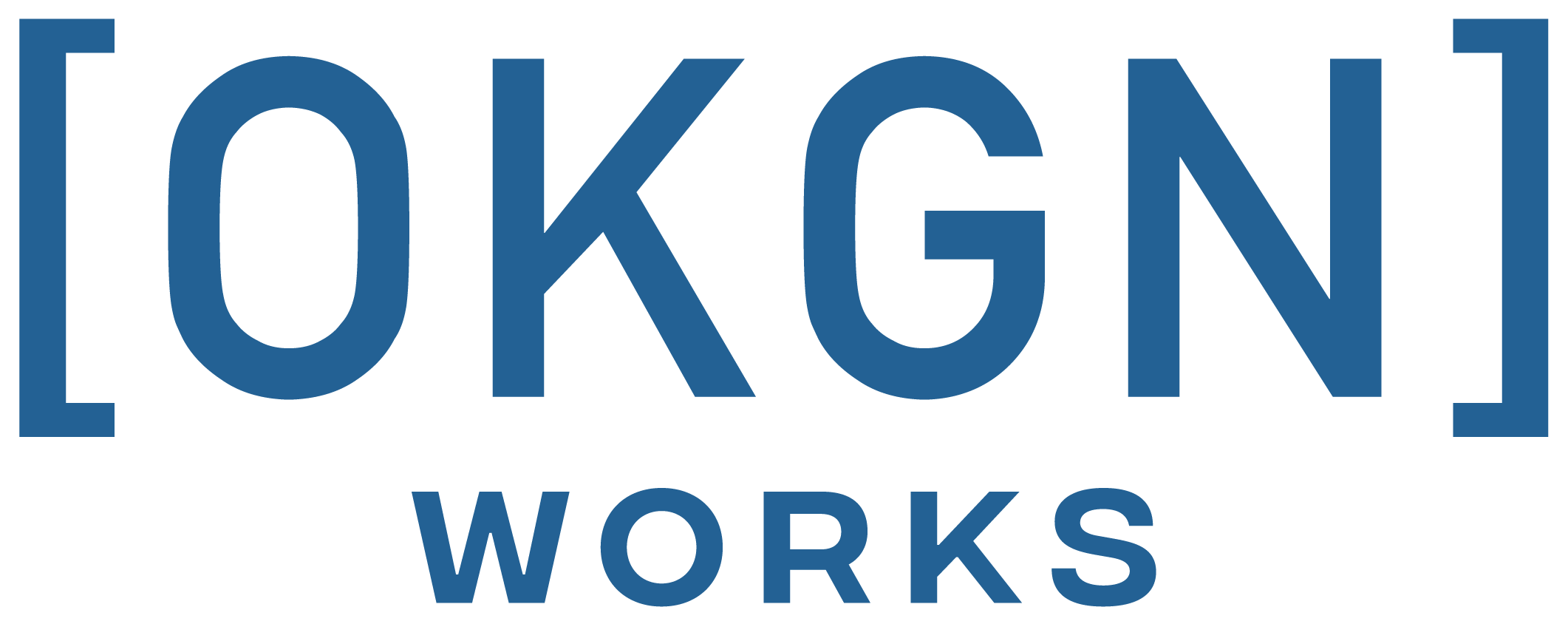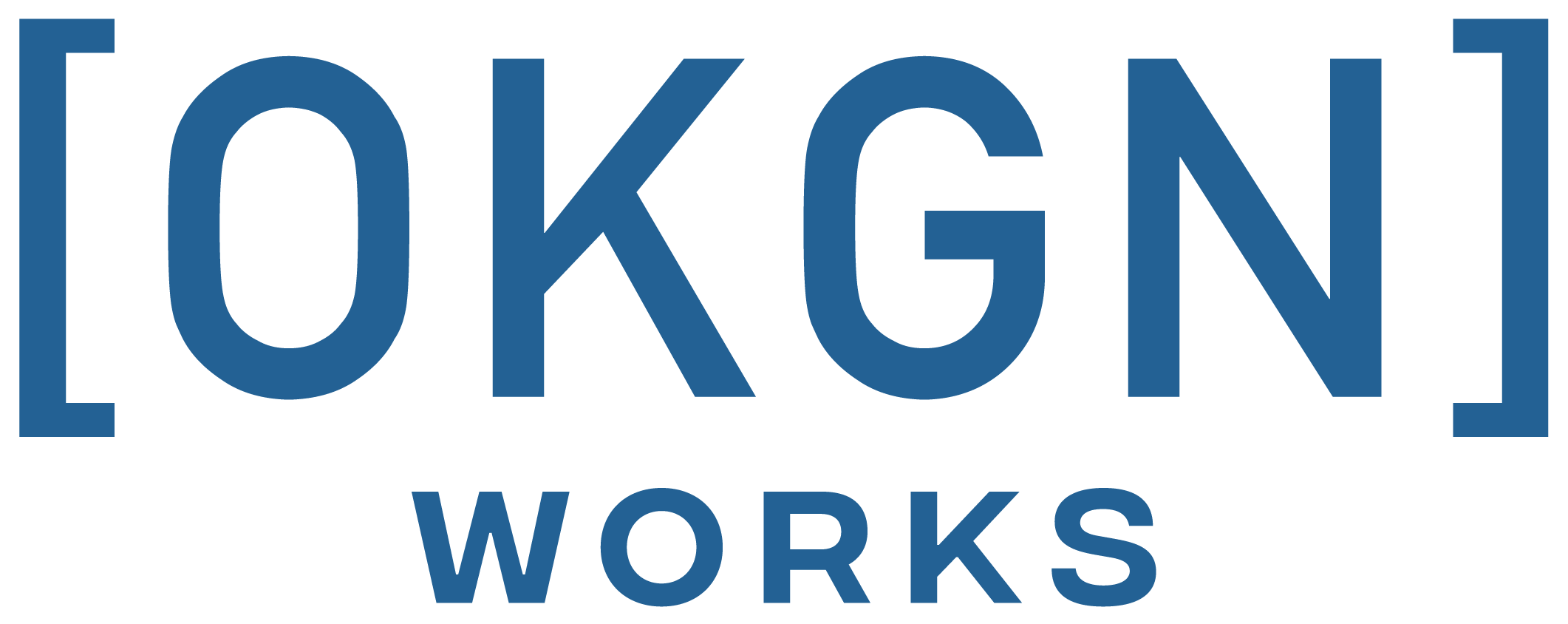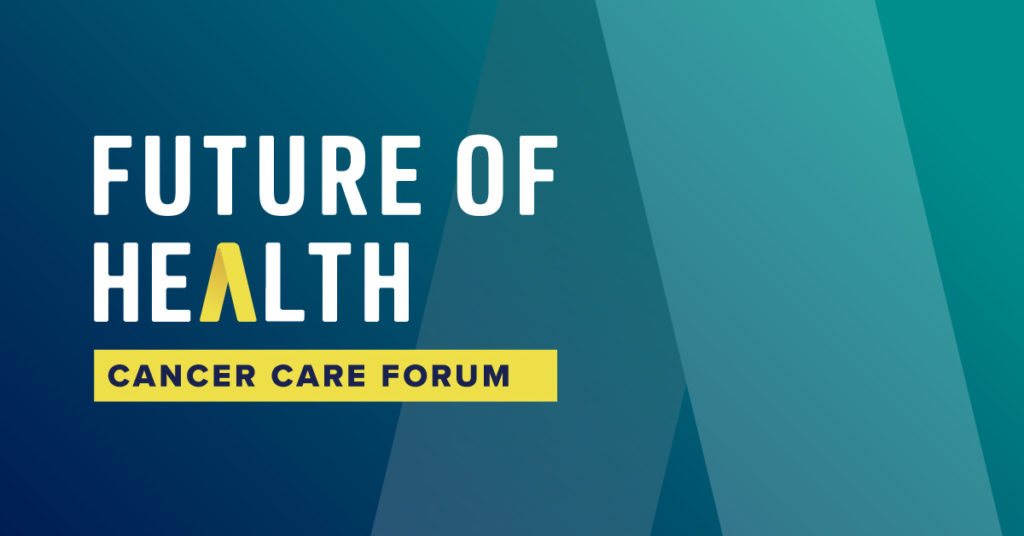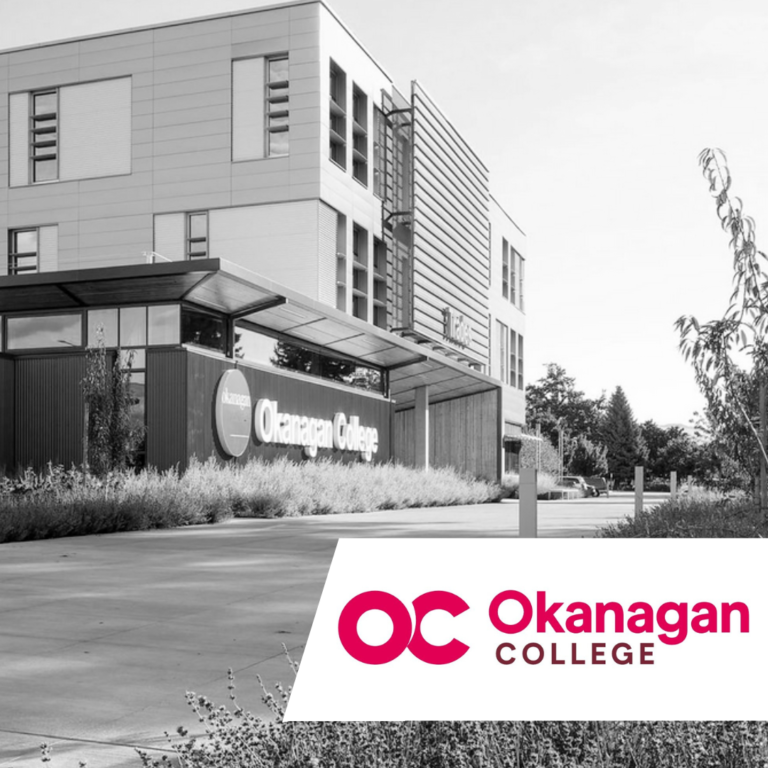Improvements across complex health-care systems are established through building a culture of innovation and a community of collaboration. With this in mind, Accelerate Okanagan, BC Cancer, Interior Health, and The University of British Columbia have joined forces to host an annual Future of Health Forum for health researchers, clinicians, innovators, entrepreneurs, and members of the public to connect and exchange ideas.
Top talent from across the country will take the stage at the Innovation Centre in Kelowna on October 18 to explore the current state of cancer care in BC and the ground-breaking research that is shaping the future of health in our province.
This forum was designed to foster connection and provide a platform for the exchange of ideas around research and innovations in cancer care. The schedule of events follows the patient journey from preventing and detecting the disease through to diagnosis and treatment to finding ways to support survivorship and a patient’s quality of life.
Molecular profiling has transformed our ability to prescribe therapies that provide the best possible outcomes with the least amount of side effects. Before you learn about the power of molecular profiling and its potential to transform the patient journey, find out the role these individuals have had in leading organizations and teams towards better opportunities.
Track 1 | Cancer Therapeutics in the Age of Personalised Genomics
Robyn Roscoe
DIRECTOR MANAGEMENT AND ADMINISTRATION, GENOME SCIENCES CENTRE
Canada’s Michael Smith Genome Sciences Centre has a primary mandate to develop and deploy genomics technologies in support of life sciences research. They are investigating hereditary cancers in the Lymphoma Families Study, as well as working to develop new drug treatments for aggressive prostate cancer. In addition to cancer research, the Genome Sciences Center is involved in genomic research projects across the life sciences spectrum.
To accomplish this, the Genome Sciences Centre leverages the most recent technological advances in genomics, proteomics, and high-performance computing, for the benefit of and use by the wider scientific community.
In her position as Director of Administrative Services, Robyn manages oversight for all non-scientific operations and is responsible for project management, operations, finance, logistics, communications and human resources.
Dr. Julian Lum
ADJUNCT ASSISTANT PROFESSOR, BIOCHEMISTRY AND MICROBIOLOGY, AND BIOLOGY, UNIVERSITY OF VICTORIA
The focus of Dr. Lum and his team’s research is to understand autophagy and its role in controlling lymphocyte effector functions in nutrient-limited tumour sites. By extension, they are also examining how autophagy may impact tumour antigen cross-presentation. These investigations will be used to direct groundbreaking immunotherapy approaches in cancer treatment.
Through his training and practice, Dr. Lum found an important connection between cancer and immunology. This led to the creation of a new field, immunometabolism of cancer, as well as the influences that radiation has on the immune system. This opens the opportunity to develop new immune-based treatments that take advantage of the benefits that radiation can bring.
Dr. Lum notes that “cancers require a large amount of nutrients to grow and divide… Even if it is possible to combine different types of immune therapies with standard treatments such as radiation, we still need to overcome this nutrient limitation. My laboratory is a unique position to tackle these problems.”
Track 2 | Making Radiotherapy Personal
Every cancer is unique and therefore requires a unique strategy for patients receiving radiation. Advancing treatments in proton therapy, dosimetry, and brachytherapy not only seek to provide the best possible experiences for patients, but also the best outcomes. Before you see them in person, hear how these groundbreaking individuals are keeping patients front of mind when it comes to cancer treatment.
Dr. Michelle Hilts
DIRECTOR OF MEDICAL PHYSICS RESIDENCY PROGRAM AND SENIOR MEDICAL PHYSICIST, BC CANCER
The need for accurate dosimetry and precise localization in radiation therapy is more critical than ever. Dr. Hilts’ research interests lie in both of these areas.
Dr. Hilts is pursuing these research goals by investigating the usage of permanent breast seed implants, which is a unique and appealing option for women with early stage breast cancer that can be completed in a single out-patient session; tracking dosages in cervical brachytherapy, which uses deformable image registration tools to determine what the true radiation dose to each organ is, allowing doctors to correlate with which dose causes normal tissue complications; and improving gynaecological brachytherapy imaging by exploring opportunities with Doppler imaging as well as combining pre-operative MRI scans and 3D intraoperative US images. All of which equip doctors with the information and tools they need to treat patients without damaging peripheral organs.
Dr. Francois Bachand
RADIATION ONCOLOGIST, BC CANCER
To better understand how gene expression is controlled in normal and cancerous cells, Dr. Bachand’s laboratory is investigating distinct aspects of post-transcriptional gene regulation. He is looking into the role that different cytoplasmic and nuclear proteins that link the tail of RNA, and how post-translational modifications modulate the function of various RNA-binding proteins.
Dr. Bachand’s research group leverages advancements in technology to benefit their studies in molecular biology, genomics and proteomics. This research could lead to the discovery of new targets for the treatment of several diseases.
Dr. Deidre Batchelar
SENIOR MEDICAL PHYSICIST, BC CANCER
Dr. Batchelar’s main research focus is the advancement of imaging techniques to brachytherapy. She believes that using optimal imaging is the only way brachytherapy can achieve its promise of being highly localized and conformal. Through this research, doctors will be able to accurately locate treatment sources and recognize the parameters that could lead to nearby organs being damaged by certain treatments.
Dr. Batchelar is looking to increase efficiency and access to equipment for clinical brachytherapy. This would reduce the time required to safely perform these procedures and improve the patient experience.
Dr. Sepideh Pakpour
ASSISTANT PROFESSOR, SCHOOL OF ENGINEERING, UNIVERSITY OF BRITISH COLUMBIA
Dr. Pakpour is focused on comprehending the forces and factors influencing the human microbiome, and how microorganisms interact with their environment, each other, and their host. She is ensuring that each new discovery is being applied accordingly—from bioengineering and biomaterials, to medicine.
Sepideh’s background and broad expertise in microbiome science, omic technologies and advanced bioinformatics have allowed her to establish the Biomedical Microbiome Research laboratory at UBC, focusing on advancing microbiome science in health and disease. Over the course of her career, she has initiated and led a number of joint international projects, including the Nurse Engagement and Wellness Study and the Human Virus Project at MIT Center for Microbiome Informatics and Therapeutics.
Dr. Andrew Jirasek
ASSOCIATE PROFESSOR, MEDICAL PHYSICS, UNIVERSITY OF BRITISH COLUMBIA
Dr. Jirasek’s research focuses on medical physics, radiation oncology physics, Raman spectroscopy, biomedical application of spectroscopy, and 3D dosimetry. He is looking to develop and apply radiosensitive polymer gel dosimeters. This would be used in radiotherapy dose verification and image processing techniques through signal extraction, improving our understanding of the radiation dosages incurred through various treatments.
Jirasek’s usage of Raman spectroscopic methods involves the understanding, predicting, and monitoring of responses to radiation in biological systems typically impacted during radiotherapy. He is looking to utilize microfluidic systems to automate Raman acquisition of irradiated cells and tissues.
Dr. Juanita Crook
RADIATION ONCOLOGIST, BC CANCER
Dr. Crook has established a successful program for prostate brachytherapy at Princess Margaret Hospital. She continues to focus her time on high-dose rate brachytherapy for both prostate and breast cancer, successfully freeing 75 British Columbian women of cancer. She is the first to apply this type of treatment to breast cancer in B.C.
Crook’s aptitude for brachytherapy treatments have led doctors from all over North America to observe and learn from her, creating teaching opportunities for those doctors to apply Dr. Crook’s techniques in their home-regions. She hopes that more women will be receiving these treatments as a result.
Dr. Connie Hoehr
RESEARCH SCIENTIST AND DEPUTY ASSOCIATE LABORATORY DIRECTOR, LIFE SCIENCES AT TRIUMF
Dr. Hoehr’s research focuses on two main areas where radiation is implemented: proton therapy dosimetry and new target development for nuclear medicine. Leveraging nuclear physics has always had a home in medicine, notably with the usage that radiation has in several forms of treatment.
Cancer treatment with protons takes full advantage of a superior dose deposition compared to the traditional treatment with high energy photons. Proton therapy allows the healthy tissue around the tumor to be spared from excessive harm while still destroying the cancer cells.
TRIUMF is currently the only location that provides proton therapy, and Hoehr is looking to improve and expand their program. To improve accessibility, Dr. Hoehr is also investigating ways to improve beam control, shielding from secondary particles and treatment planning.
Innovations and breakthroughs in complex health care systems occur when people and organizations work together. If you’re passionate about fueling innovation in healthcare, save yourself a seat and join us in building a better tomorrow.






